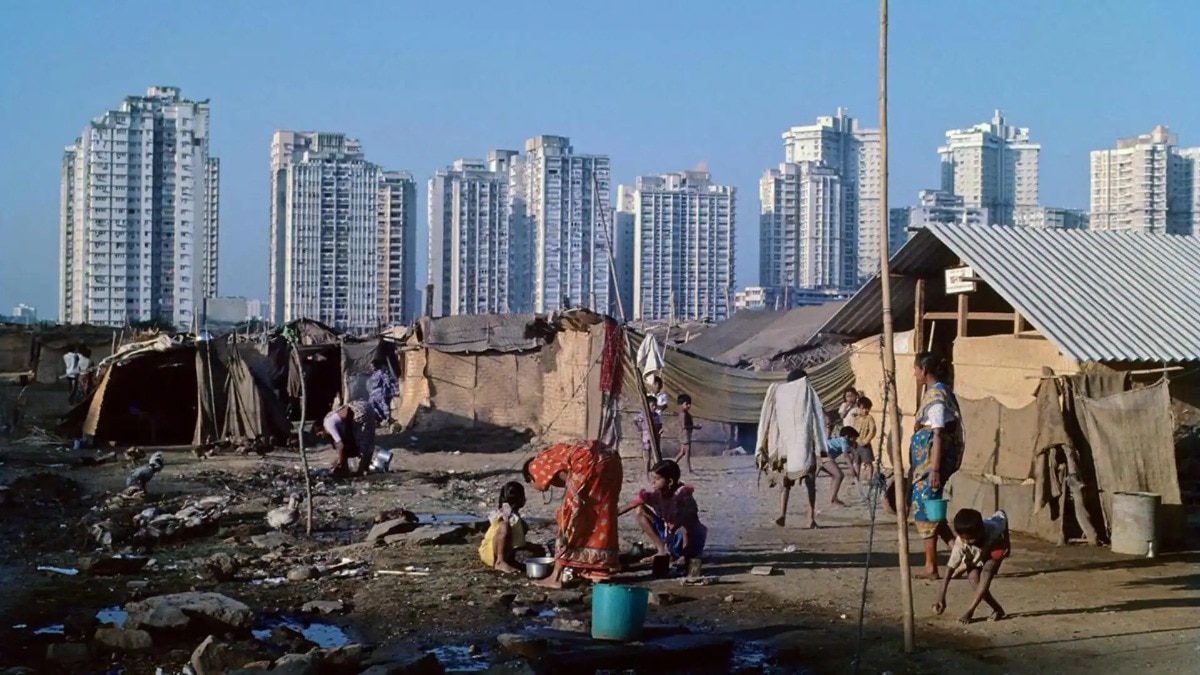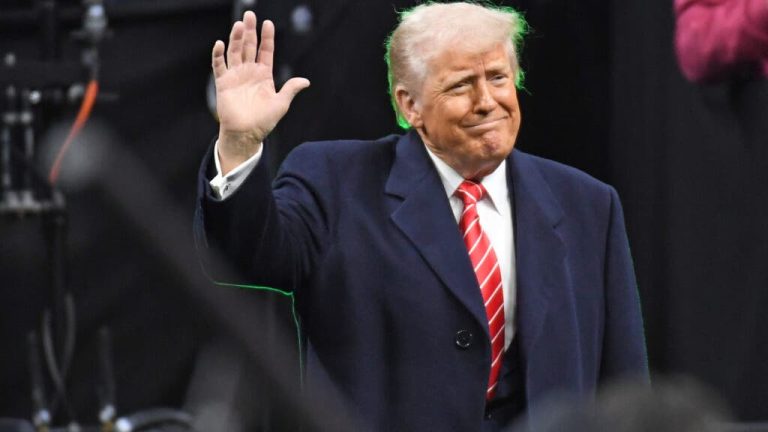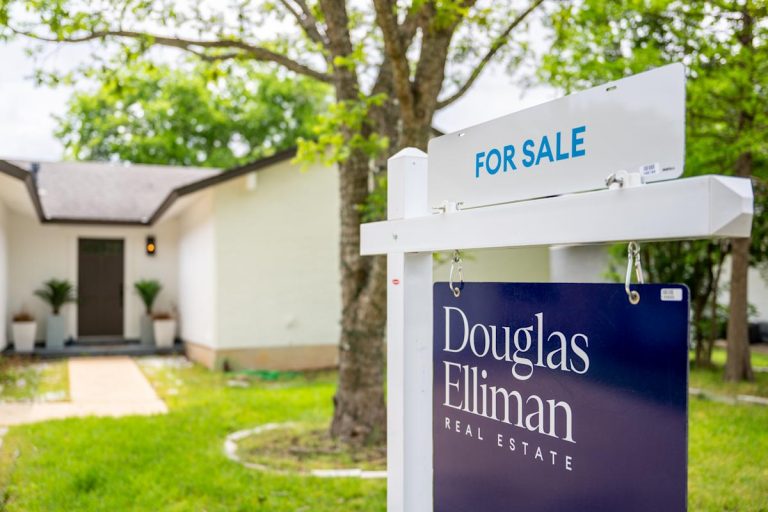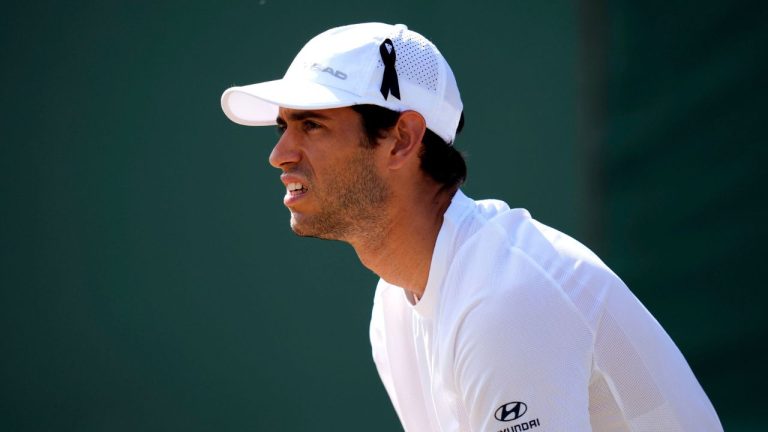When Hardik Joshi sat down to crunch the latest numbers from the World Inequality Database, he expected to find a growing gap. What he didn’t expect was a figure so stark that it would compel him to compare modern India to a painful chapter in its past.
“In some ways, it’s worse than British rule,” the Mumbai-based financial analyst wrote in a post that has since gained traction on LinkedIn.
He was referring to India’s income and wealth inequality, which, according to new research, has climbed beyond levels seen during colonial times. Joshi points to the Income and Wealth Inequality in India report from the World Inequality Database (2024) and studies from India Today and the World Inequality Lab Working Paper as evidence of a troubling divide.
The data paints a stark picture: the top 1% of India’s population now owns 40.1% of the nation’s wealth, while the bottom half struggles with a mere 6.4%. Meanwhile, the top 10% take home over 57.7% of national income.
“Half the country is fighting for crumbs while a tiny fraction lives in unimaginable luxury,” Joshi wrote, echoing a sentiment of frustration and alarm.
In his analysis, Joshi outlines five key reasons behind India’s ballooning inequality:
- Tax policies that heavily favor the wealthy.
- Weak labor laws that leave workers exposed and insecure.
- Corporate consolidation choking opportunities for small businesses.
- Soaring gains in real estate and stock markets that largely reward those already holding capital.
- Political donations and lobbying that keep the affluent’s interests firmly protected, blocking significant reforms.
To Joshi, this isn’t just economic drift — it’s a deliberate system. “This severe inequality is not an accident. It’s policy,” he asserts, posing the stark question: “Why isn’t anyone doing anything?”
His argument is that the power structures in India thrive on this imbalance. “They fund elections. They shape the media narrative. They lobby against redistribution. They convince the middle class that helping the poor is ‘handouts’ while they take subsidies and tax breaks.”
At the heart of his concern is a fundamental belief: India does not suffer from a shortage of wealth — it suffers from how that wealth is divided. “We produce enough wealth. We just don’t share it fairly,” he wrote.
For Joshi, the way forward is clear yet politically challenging: “real political will to tax wealth, strengthen labour rights, invest in health and education for all, and limit corporate concentration.” Without these steps, he warns, inequality will only deepen — and with it, the fractures in the world’s most populous democracy.






